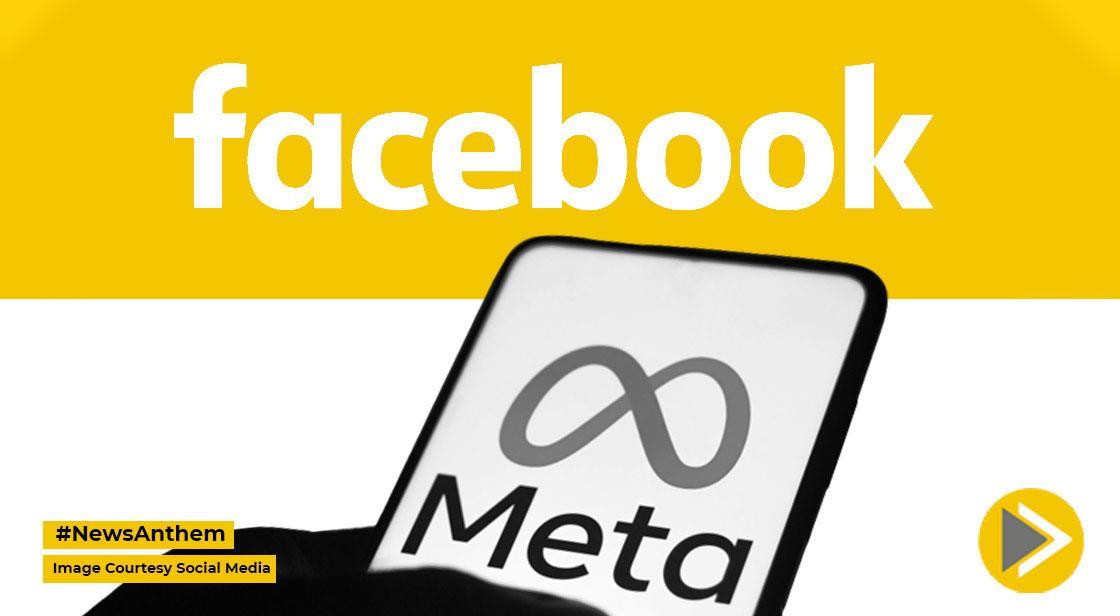After YouTube, Meta Enforces Tougher Rules on Unoriginal Content Shared on Facebook

News Synopsis
In a move aligned with the broader push across tech platforms to promote authentic content creation, Meta has introduced stricter policies on Facebook targeting accounts that frequently share unoriginal or reused content without meaningful changes. This update mirrors YouTube’s recent crackdown on unoriginal content and signals an industry-wide shift toward protecting original creators and enhancing content integrity.
Meta unoriginal content policy 2025
Meta Tightens Enforcement Against Repetitive, Unmodified Content
Meta's updated content policy is designed to reduce spam, fake engagement, and duplication, while ensuring that creators who produce original content receive the recognition and visibility they deserve.
"Meta has rolled out stricter enforcement measures against unoriginal content on Facebook, targeting accounts that repeatedly share reused text, photos, or videos without adding meaningful changes."
What Will Meta Do? Enforcement Actions Explained
"As part of the enforcement, Meta will demote comments, reduce post reach, and restrict monetisation eligibility for accounts engaged in habitual reposting without transformation."
In practical terms, this means:
-
Lower visibility for unoriginal posts in users’ feeds
-
Demotion of comments that are spammy or part of repetitive engagement
-
Disqualification from monetisation programs for repeat offenders
Consequences for Policy Violations
“Meta said accounts that violate the policy may be temporarily removed from monetisation programmes and face reduced content distribution. The company will also deprioritise duplicate videos in its recommendation algorithms.”
This strategic shift impacts creators who rely on mass reposting, encouraging them to invest in unique storytelling or transformative content instead.
Support for Original Creators: Attribution Tools in Testing
To further reinforce originality, Meta is testing a new feature that connects duplicate content to its original source.
"The company is also exploring attribution tools that link duplicate posts back to the original version, helping creators retain credit and control over their content."
This initiative seeks to protect ownership rights and boost traffic to original creators, especially in an ecosystem where content is frequently reshared.
Clarifying What Qualifies as 'Unoriginal Content'
"Unoriginal content, as defined by Meta, involves repeatedly reposting someone else’s work, including text, images, or videos, without credit or transformation."
However, the platform makes an important distinction — not all reused content is penalized, especially if it includes added value.
What Is Allowed?
Meta clearly stated:
"Content formats such as reaction videos, trend participation, or transformative edits will not be penalised."
Other acceptable practices include:
-
Commentary and personal analysis
-
Reactions or voiceovers
-
Participation in viral trends with a creative twist
What’s Not Enough?
"Simple practices like adding a watermark or stitching clips together do not meet Meta’s threshold for meaningful enhancement."
In short, minimal edits won’t suffice. Creators must provide genuine creative input to avoid penalties.
Creator Guidelines: Best Practices to Stay Compliant
To help content creators adapt and thrive, Meta issued a list of recommended practices to maximize reach and monetisation potential:
"To maximise reach and monetisation potential on Facebook, Meta advises content creators to:
-
Post original content filmed or created by themselves
-
Add meaningful enhancements when using third-party content (e.g. commentary, voiceovers)
-
Tell compelling stories that build viewer engagement
-
Avoid visible third-party watermarks and app logos in videos
-
Write high-quality captions without all-caps, excessive hashtags, or outbound links"
These steps are intended to help creators build long-term audience relationships, remain eligible for monetisation, and stand out in increasingly competitive feeds.
A Broader Trend: Following YouTube’s Footsteps
"The move comes in the wake of similar updates from YouTube, which recently revised its guidelines around unoriginal content, particularly material that is mass-produced or generated using artificial intelligence without unique value."
Meta's actions reflect a larger movement across digital platforms to combat low-effort content and ensure genuine creators aren’t drowned out by mass-generated or copied material.
Meta’s 2024 Crackdown: By the Numbers
According to Meta’s blog post, the company has already made significant enforcement moves this year:
-
"Removed nearly 10 million impersonation accounts in 2024"
-
"Acted against over 500,000 accounts involved in spam or fake engagement"
These numbers reinforce Meta’s commitment to cleaning up the platform and prioritizing authentic voices.
Conclusion: Originality is the New Currency on Facebook
Meta's stricter stance on unoriginal content is a strong signal to creators: authenticity, creativity, and originality are essential for visibility and monetisation on Facebook. With enhanced enforcement, attribution tools, and clear guidelines, the platform is positioning itself to reward real creators while cracking down on spam, plagiarism, and engagement baiting. As more platforms follow this path, content creation in the digital age is shifting from quantity to quality and originality — and creators who adapt will be the ones who thrive.
You May Like









